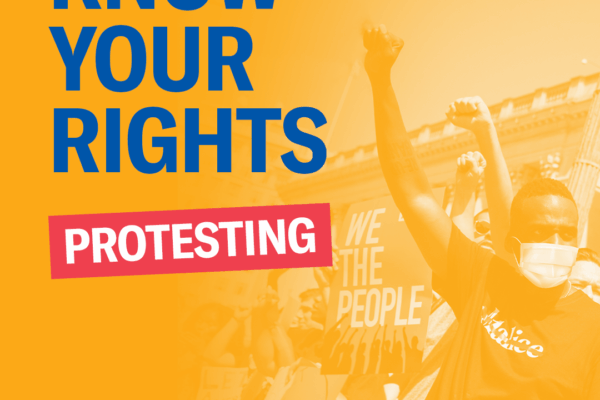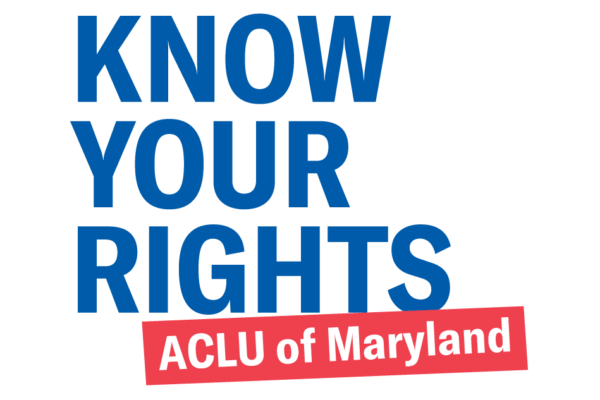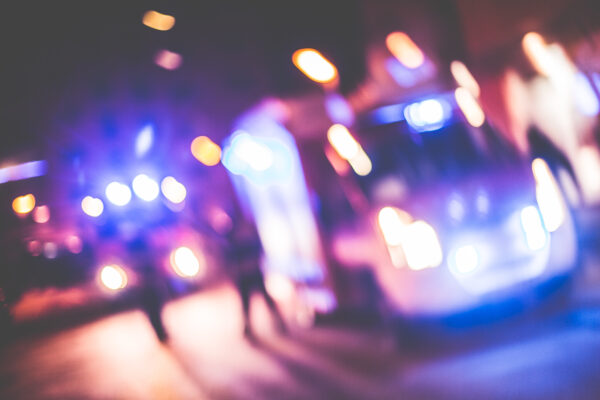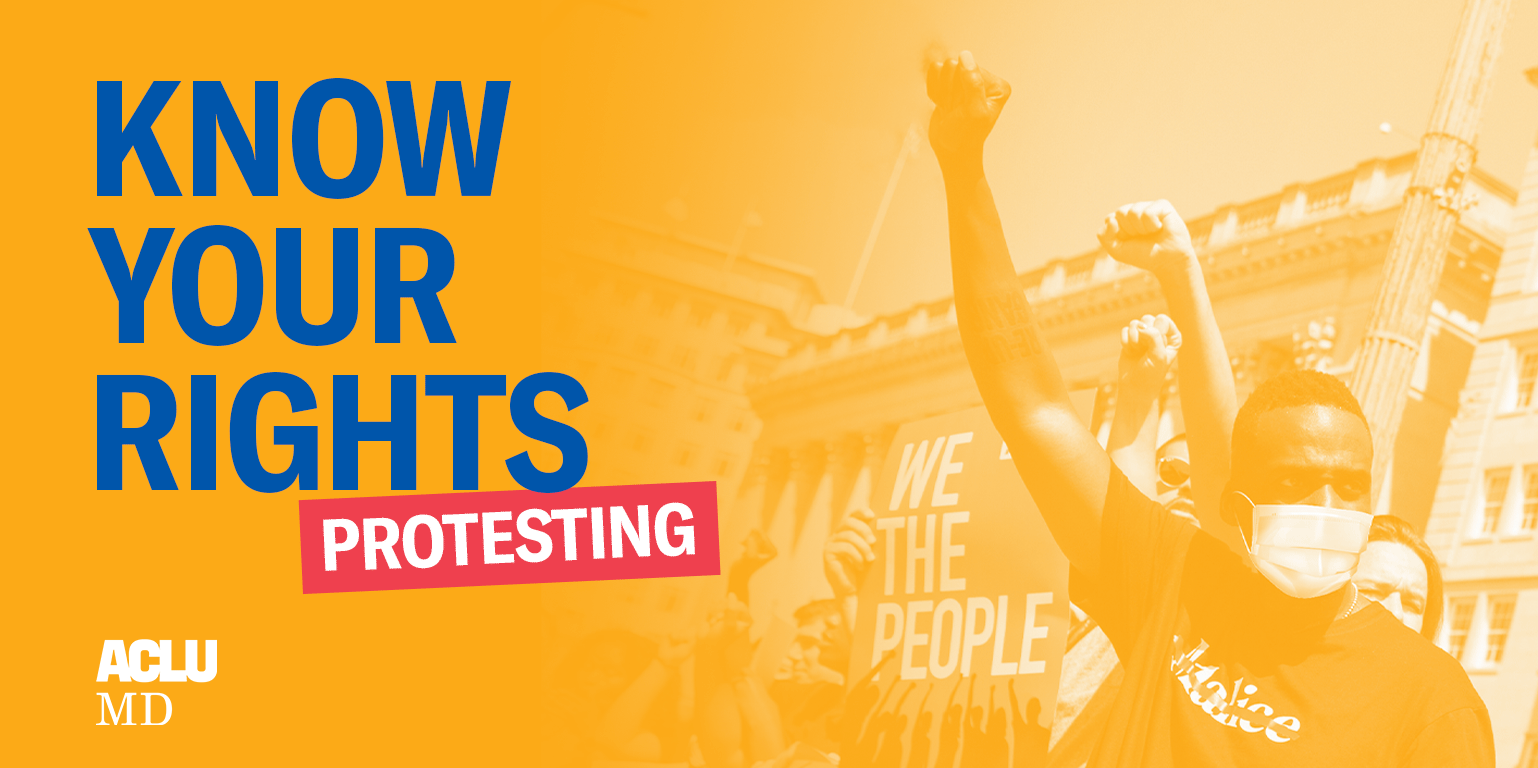
Get information on your rights while protesting, when you encounter police at protests, and if you are not a U.S. citizen. Also find out where you can protest and where you need a permit.
HOW TO AVOID POLICE SURVEILLANCE
Protect Your Personal Privacy:
- Switch your phone to airplane mode.
- Turn off location services in your apps, Bluetooth, and WiFi on your phone when not in use.
- Use a VPN when using public WiFi.
- Use encrypted messaging apps such as the Signal or Telegram for calls and texts.
- Masks and sunglasses can confuse facial recognition software.
- Leave your car at home to avoid license plate readers.
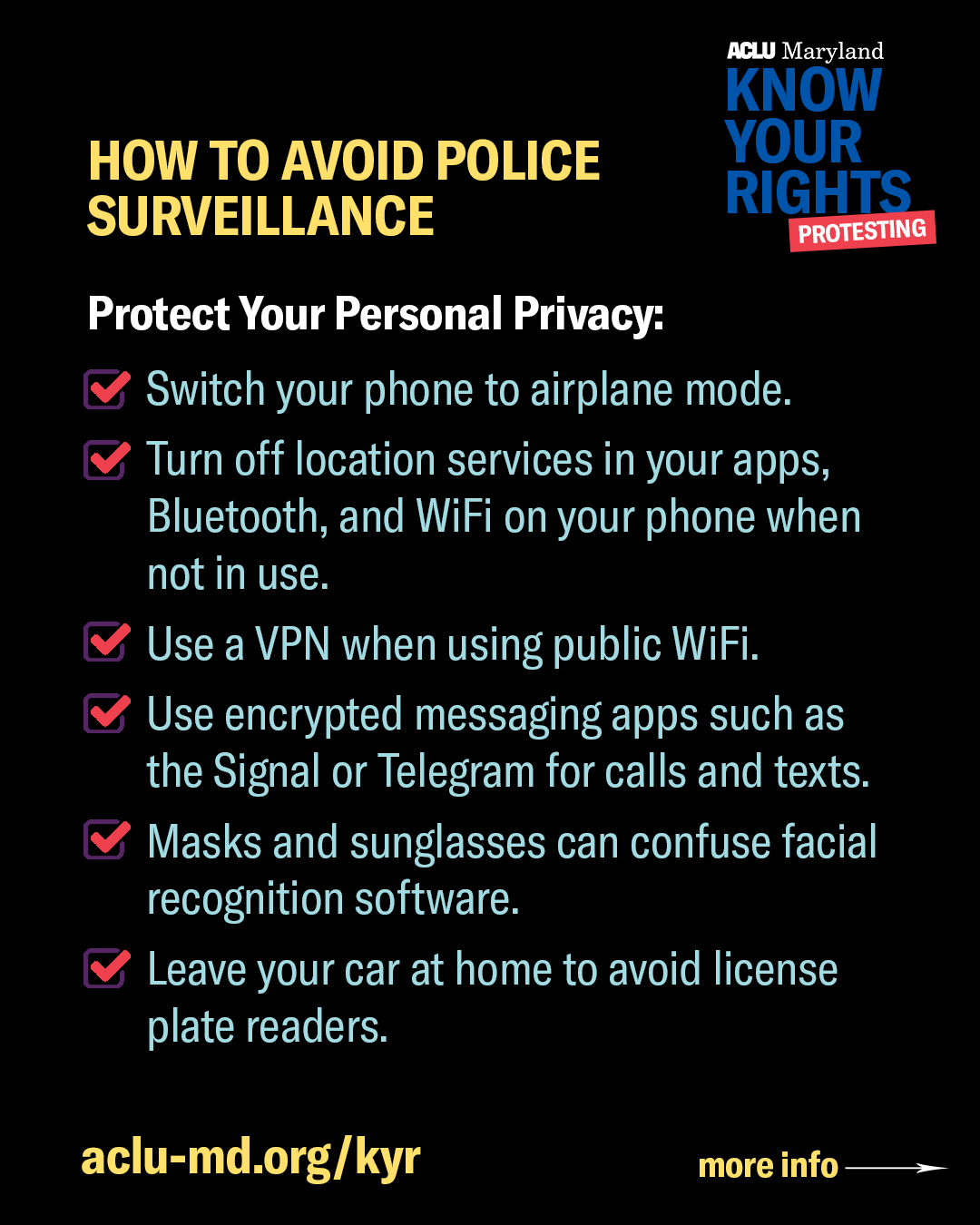
Protect Your Photos, Videos, and People:
- Be conscious of streaming, posting photos, or sharing what you are doing.
- Consider recording videos to your device rather than livestreaming. Livestreaming provides information to law enforcement, who may monitor your stream.
- Blur identifiers before posting photos and videos.
- Scrub metadata from your photos.
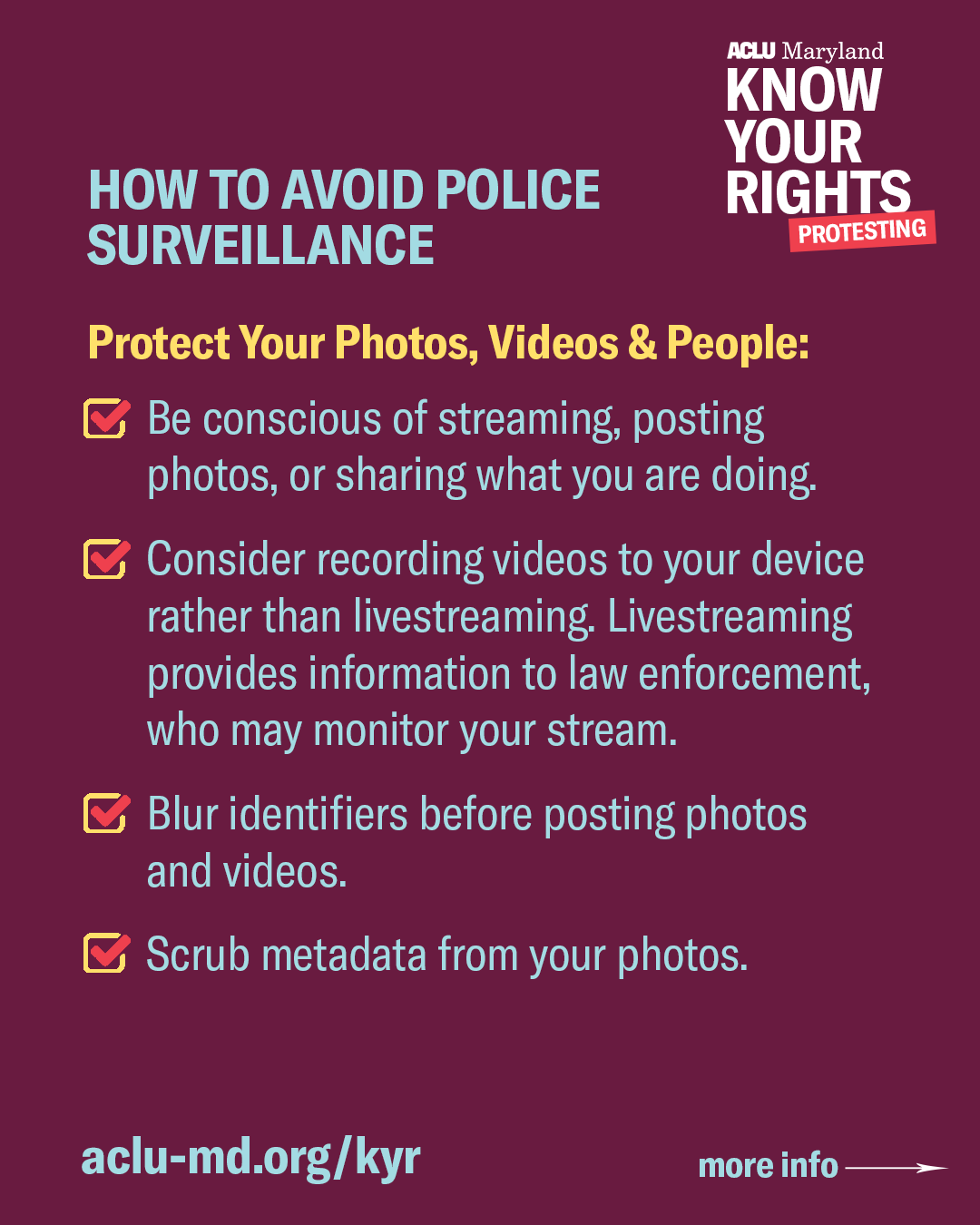
Protect Your Phone From Police Searches:
- Do not unlock your phone or consent to a search.
- Police need a warrant to search your phone.
- Police also cannot force you to delete photos or videos under any circumstance.
- Turn off face and fingerprint recognition.
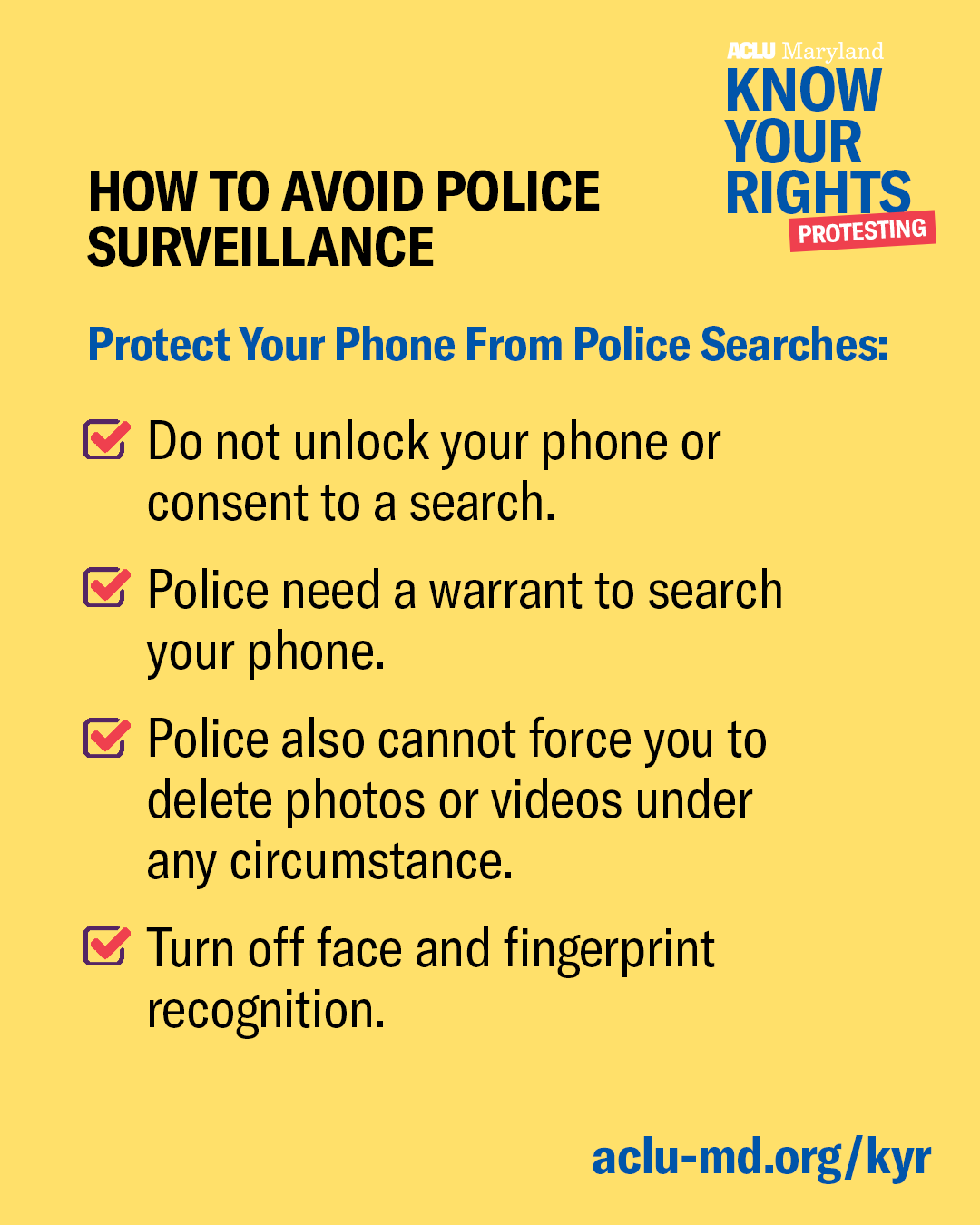
Stay Informed
Sign up to be the first to hear about how to take action.
By completing this form, I agree to receive occasional emails per the terms of the ACLU’s privacy statement.
By completing this form, I agree to receive occasional emails per the terms of the ACLU’s privacy statement.

